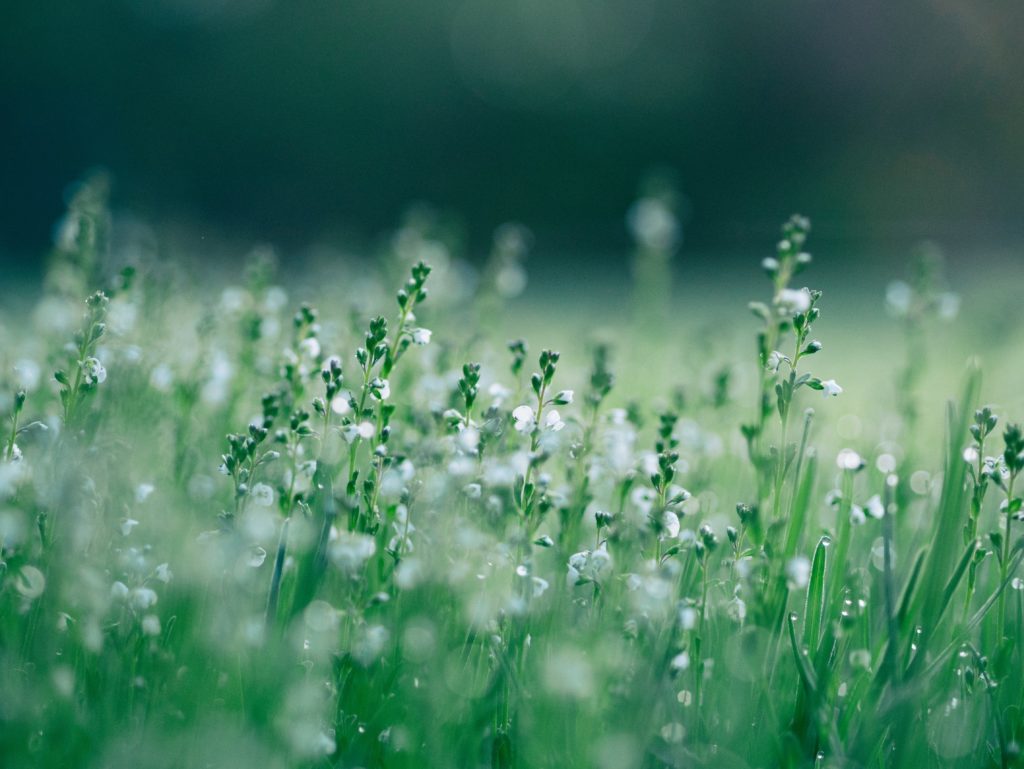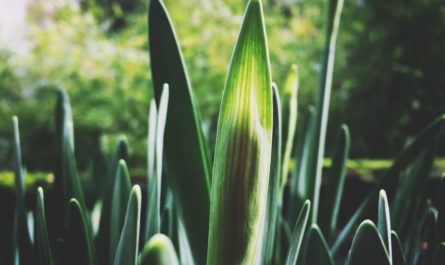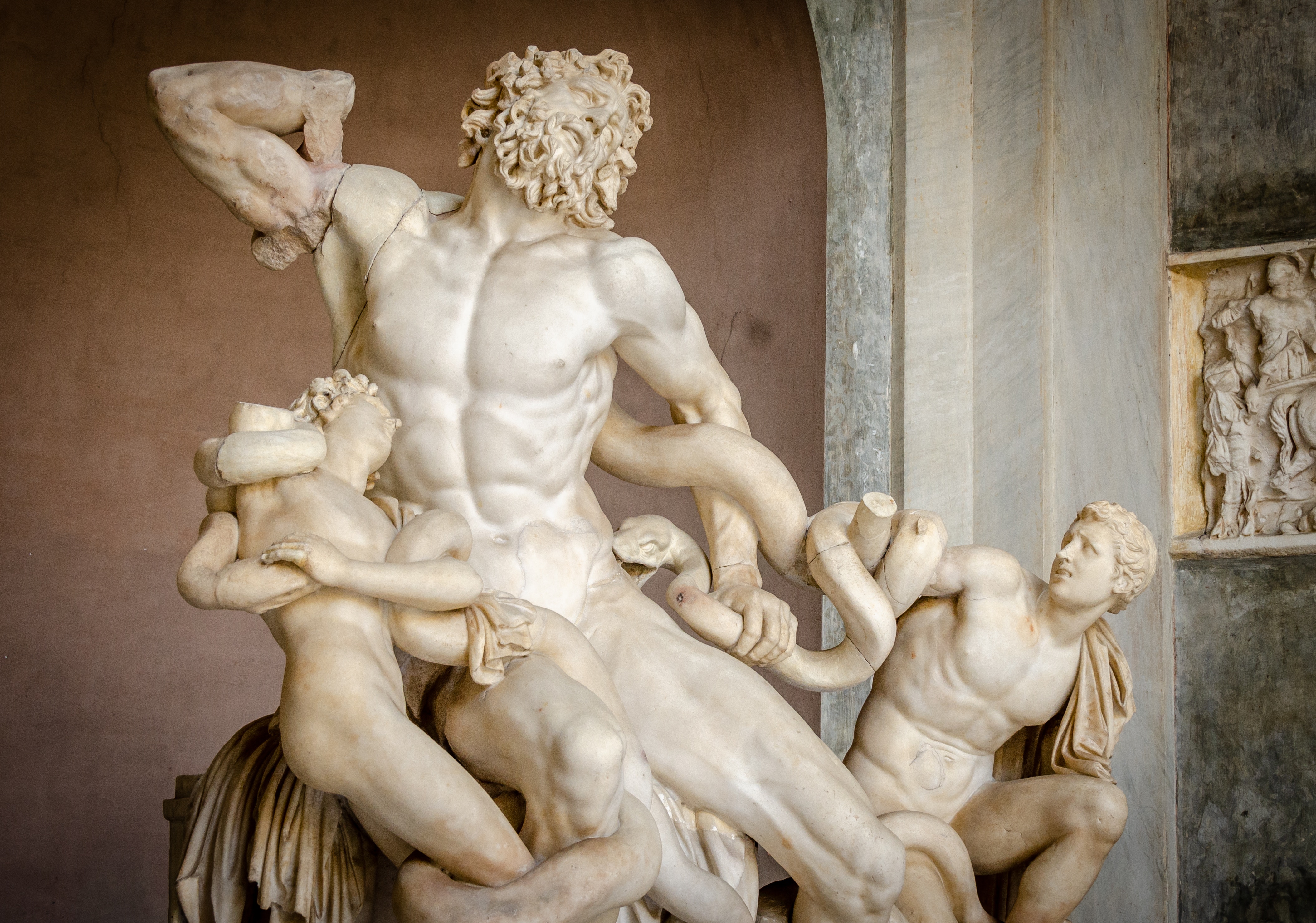Jean-Jacques Rousseau was a philosopher and writer, influential during the Enlightenment and beyond. His Discourse on Inequality was published in 1754, and became central to the ideals of the leaders of the French Revolution later that century. Discourse, and Rousseau’s later Social Contract continue to be foundational texts of political theory today. This essay, along with other writings, also inspired the Transcendentalist movement of the 1820’s and 1830’s, with its call toward a simpler time and expectation of mankind.
While it could be said that Rousseau is conveniently forgetting just how difficult and short life was -and is- in hunter-gatherer societies, taking an idyllic view while ignoring its short-comings, I don’t want to take that route today. Instead, I want to look at how Rousseau’s portrayal of nature can inspire us in modern society.

Summary of Discourse
Rousseau’s Discourse on Inequality is an essay written in response to the question, “What is the origin of inequality and is it endorsed by the law of nature?” He begins by outlining that there are two kinds of inequality: the first is natural, and is seen in differences in age, health, strength, quality of mind and soul. The second is moral and political inequality, privilege, and prejudice. The subsequent narrative extols the virtues of ‘savage’ or ‘natural’ man as a simple creature, happy to live in nature and work for his own food, goods, and satisfaction. It also tends to paint society as an inescapable trap for the humanity, arguing that most quarrels and vices don’t exist outside of “civilized” society. Rousseau argues against the very foundations of government authority, asserting that because society was formed on illegitimate grounds, everything it produces is dysfunctional. He summarizes that the history of society has been a struggle essentially between the rich and the poor, with liberty being the only bargaining chip of the poor. This liberty was taken advantage of by the rulers (rich) and “for the benefit of a few ambitious individuals subjected the rest of mankind into perpetual labor, servitude, and misery.”
It is easy to see why such impassioned arguments were embraced by people fed up with mistreatment by their rulers, and why this piece was embraced so quickly and completely by the leaders of the French Revolution. It’s also easy to see why the monarchy, aristocracy, and clergy treated him quite hostilely. This resulted in his being accused of blasphemy and being exiled several times.
Legacy
The people, then and now, embraced his thinking. He would go on to further develop his ideas in The Social Contract. Together with Discourse, these texts comprise the cornerstone of his body of work. He presents men in their more primitive, and more equal, state as the ideal society. His urging to return to nature and embrace the simpler, slower, more intentional way of life inspired Emerson and the Transcendentalists of the following century. His perspective of embracing humanity’s role as “king of the animals” is also indicative of the thinking of the Enlightenment. His concept of the “noble savage” is still inspiring and popularly referenced today.

It is to the Enlightenment that we owe much of our modern medicine, convenience, and ideology. The spirit of the age of reason continues to bring us technological and medical advances unimaginable even a century ago. We’ve eradicated diseases, and built industries in the last 250 years, all owing to the Enlightenment. We also see the foundations of political theory and psychology documented and beginning to take shape. Indeed, reason has changed the world, and the entire world’s increased longevity and prospects for success have improved because of it.
How do we reconcile modern society with the “noble savage”?
Rousseau and his enthusiasts advocate that man’s modern life is becoming toxic to our health;
“In civil life we can scarcely meet a single person who does not complain of his existence; many even throw away as much of it as they can, and the united force of divine and human laws can hardly put bounds to this disorder. Was ever any free savage know to have been so much as tempted to complain of life, and lay violent hands on himself?”
He concludes:
“He had in his instinct alone everything requisite to live in a state of nature; in his cultivated reason he has barely what is necessary to live in a state of society.”

Rousseau contrasts how nature strengthens the body, while life in society weakens and corrupts it. This truth is evidenced by our modern problems of anxiety, depression, and tragically, suicide. These kinds of anxiety disorders aren’t seen in undeveloped countries, and Rousseau argues that they weren’t present when humanity operated at a simpler level. There are several possible explanations for this. Today, however, I want to focus on the possibility that perhaps our modern comforts are slowly choking us. Our preoccupation with being ‘informed’ and always available has the toxic side-effect of constant low-grade anxiety.
Rather than lamenting that things would be better if we could turn back the clock, we can take principles of analog life and use them to bring fulfillment to our lives. Rather than comparing our lives across devices, we could be engaging in hobbies that give us a sense of accomplishment; photography, drawing, wood-working, hiking. Science is proving Rousseau correct to a degree; even five minutes in nature have been shown to reliably improve our moods. Nature can also help restore our mental resources for certain tasks. Even the analog habit of reading a book results in lower stress levels, according to neurologist David Lewis at the University of Sussex.
Rousseau’s legacy, in part, is the understanding that part of being human is the need to be outside in nature. We need to use our own hands and experience nature. He never could have anticipated that we would spend hours on end on digital devices! This healthy attitude toward embracing nature continues today with respect to how we use technology. We need analog hobbies, and alternatives to screens, for our mental and physical health. We will look further into this simpler, more analog perspective in next Wednesday’s post.

Ed. note: This is the thirteenth entry in a series looking at the three schools of philosophy for perspectives on relationships in our modern world. Inspired by Emerson’s “The American Scholar,” we are exploring timeless wisdom which endures to inform our approaches to learning, relationships and leadership. Click here for all the posts in this series.




